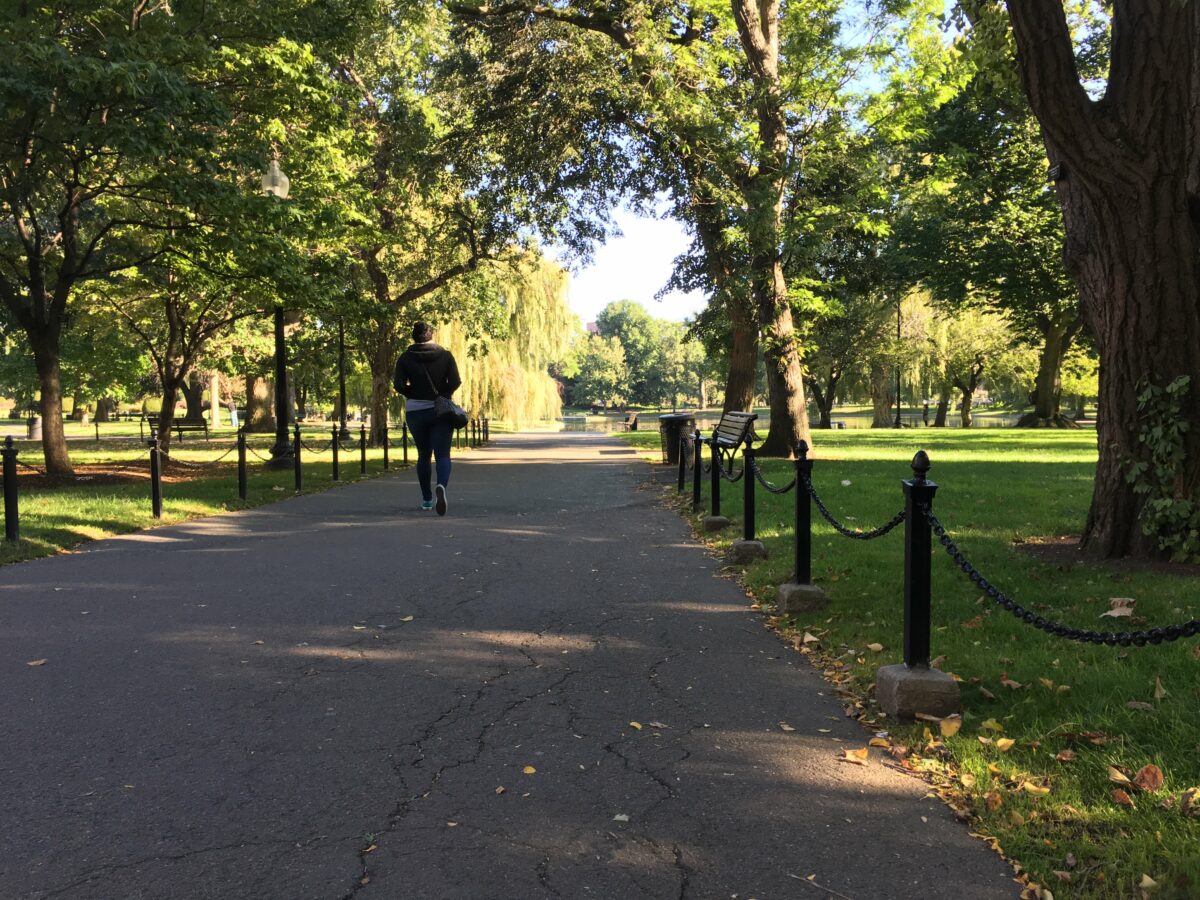December 19, 2022
The global conspiracy against citizens being healthy and happy

Here’s the two word question can be a revelation in understanding how the world works:
Who benefits?
It means there’s a high probability that those who are responsible for certain event are also the ones who stand to gain from it.
Historically, the first use of this question goes back a few thousand years ago. Cicero, the famous statesman, lawyer, scholar, philosopher, said the wisest and most conscientious of judges were in the habit of asking repeatedly in trials, cui bono? Who profited by it?
Such is the way of the world, he said. No man attempts to commit a crime without the hope of profit.
Movie detectives often refer to this phrase when identifying suspects, as crimes are often committed to benefit their perpetrators, especially financially. It’s like they say in all those seventies paranoia films, follow the money.
And for the record, I don’t assume everything in our culture is covertly operated by sinister and powerful deep state syndicates with political motivations. Even though the only thing worse than being paranoid is knowing that you should be.
But it does make for an interesting thought experiment.
Take the widely debated concept of the forty hour work week. Now, I happen to believe it’s a hundred year old cultural relic left over from factories of the industrial age.
But let’s look at three interesting factoids.
First, recent statistics from the bureau of labor show that despite people’s eight hour days, most full time office workers are only productive for about three of them. Indeed, the secret is long out that nobody really needs the full eight hours to do their job. Considering most of our workdays are spent waiting for emails, eating, and screwing around on the internet, three hours should suffice.
Factoid number two is, the fair labor standards act states there’s actually no official definition for full time employment. Employers may determine their own definitions.
And number three, the internal revenue service states a full time employee is employed on average at least thirty hours of service per week.
Wow, time really is relative. Einstein may have been onto something.
Which means we now have to ask the question, who benefits? What individuals and organizations and institutions stand to gain from the forty hour work week?
Check out this conspiracy theory.
Raptitude, a popular philosophy and productivity blog, makes a compelling argument around who profits by it. The eight hour workday makes for a purchase happy public. Keeping free time scarce means people pay more for convenience, gratification, and any other relief they can buy. It keeps them watching television, and its commercials. It keeps them unambitious outside of work.
Indeed, we’ve been led into a culture that is engineered to leave us tired, hungry for indulgence, willing to pay a lot for convenience and entertainment, and most importantly, vaguely dissatisfied with our lives so that we continue wanting things we don’t have. We buy so much because it always seems like something is still missing. American’s economy is only healthy when its citizens remain unhealthy. Healthy, happy people don’t feel like they need much they don’t already have, and that means they don’t buy a lot of junk, don’t need to be entertained as much, and they don’t end up watching a lot of commercials.
How’s that for paranoia?
Look, it doesn’t matter if this particular theory is right, only that it’s possible. Maybe there’s a sinister motivation behind the forty hour workweek, maybe not. Maybe it’s another global conspiracy against citizens being healthy and happy, since happy and healthy people are harder to control, harder to scare, and harder to sell consumer goods to. Or maybe not.
But in my own experience, the practice of questioning our time honored cultural constructs is always right. It’s a useful thought experiment worth conducting.
Because who knows? Doing so might give us a new slant on the game that’s being played on us, and motivate us to approach our work differently.
Carlin famously said in his standup special that government doesn’t want a population of citizens capable of critical thinking. They don’t want well informed, well educated people capable of critical thinking. They’re not interested in that. That doesn’t help them.
Next time you clock out after putting in your eight hours, ask yourself that ever important two word question.
Cui bono?

